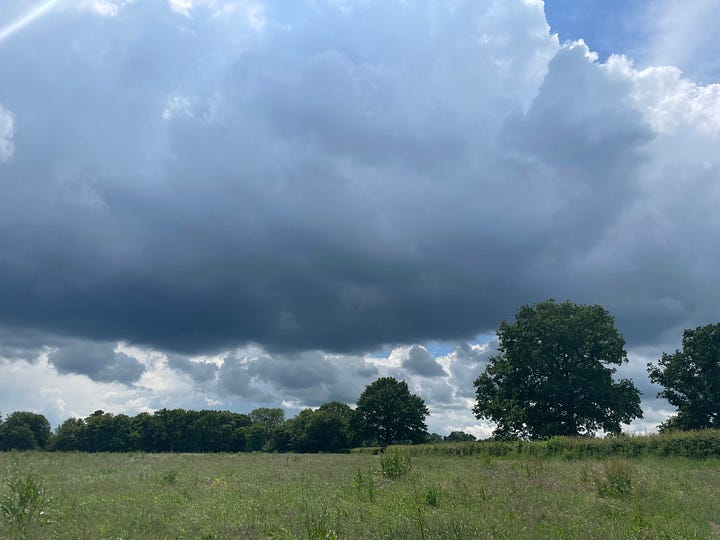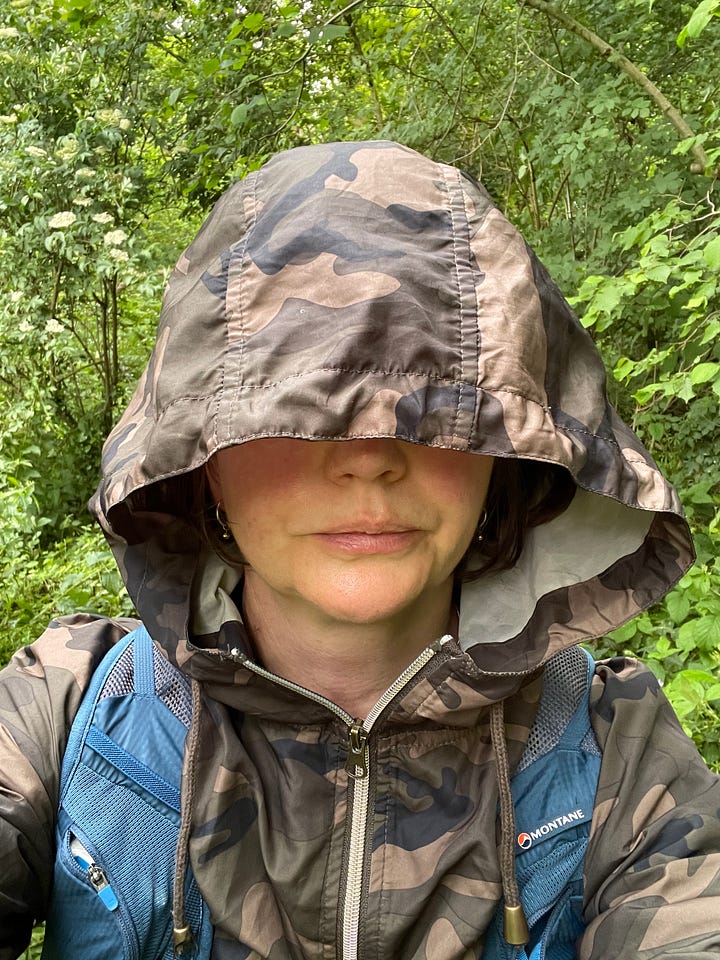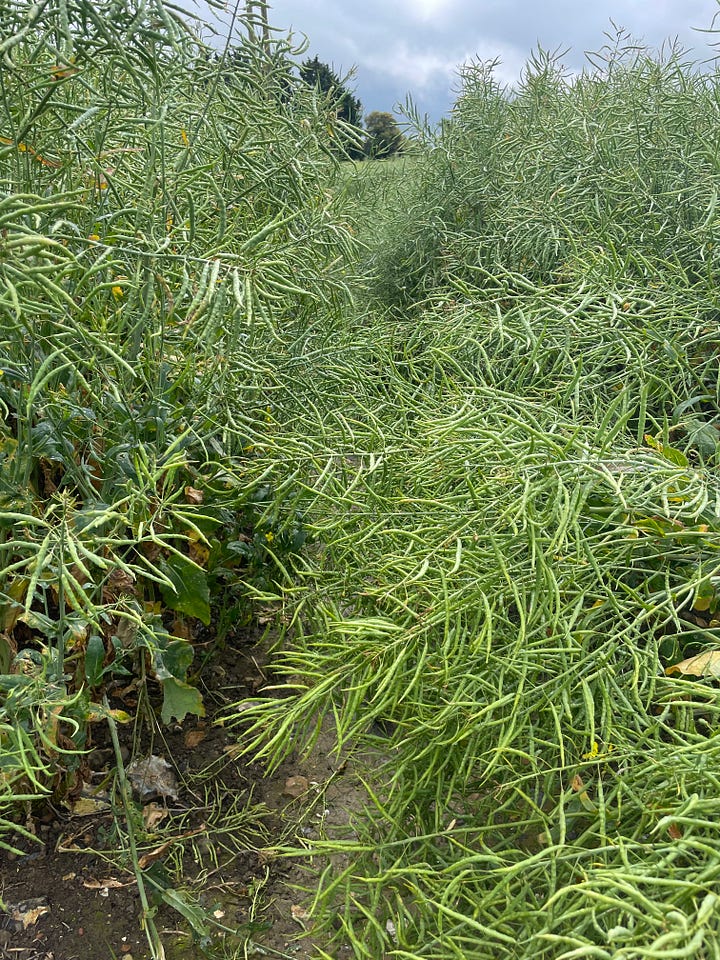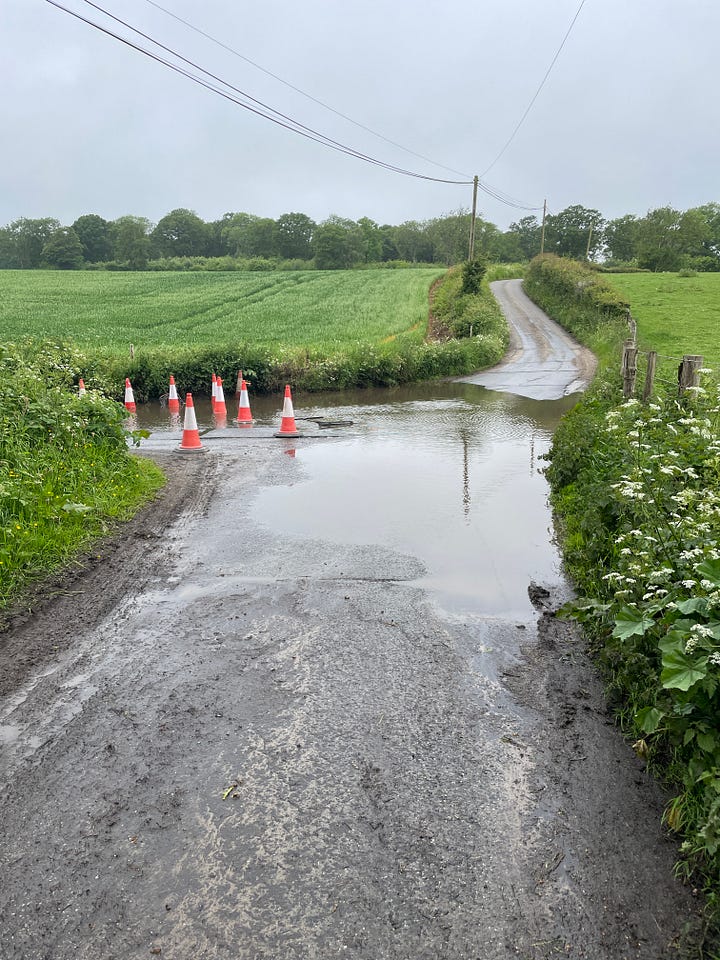When I was 18 I jumped out of a window and broke my spine. Well, that's one way to tell it.
Here’s another: when I was 18 I got dumped by my boyfriend and made the kind of stupid decision only 18-year-olds can get away with. He was the lead singer in an indie band that sometimes supported another indie band which played gigs at the Windsor Old Trout (RIP) and elsewhere on the local circuit, and had been formed following the split of another indie band who once put out an actual album. On vinyl and CD!
I was at the time banned from seeing this boy by his mother, an alarming Eastern European woman whose mascara seemed always to be running and who was prone to shouting ‘whore’ at me in the street (I was far too self-absorbed to realise that the Yugoslav wars were underway, or to connect her sadness and anger to the fact that they had family there). Newly dumped, entirely lacking in self-respect and unwilling to take no for an answer – and despite the fact that I was also grounded by my own parents for reasons I can no longer recall – I snuck out of our house one night after they had fallen asleep, let the handbrake off my sunset red Escort Mk 1 (decorated by me with characters from The Magic Roundabout) and rolled it silently off the drive. Then I drove to his house through the dark Surrey streets, threw gravel up to his window, and, my equal at least in poor judgement, he crept down and let me in.
At about five thirty, the sun rising and the pain of being dumped deferred if not reversed, I climbed out of his bedroom window on to the flat roof of the kitchen extension and from there made the short drop to the grass of the back lawn. Except somehow I landed badly, compressing and fracturing a vertebra: the one, I would later learn, that skydivers most commonly break. The pain was nothing compared to the shock of realising that his mother was in the kitchen, staring out at me, white-faced.
Adrenaline is useful. Not only did it provide a temporary anaesthetic but it propelled me up and out of the garden and, running, god help me, to the local station, where I queued politely with some commuters, one of whom was laboriously renewing a yearly season ticket, I seem to remember, after which another enquired after some lost property. When at last I got to the ticket window I asked, grey-faced now, if someone might please call me an ambulance.
I was lucky. The fracture healed without lasting effect, although I continued to have pain in my coccyx. A couple of years later I was told I had fractured it too in the fall and nobody had noticed, and it was removed in a not-entirely-successful operation. Still, at last I could sit through a long film with only a little fidgeting (and, more importantly at the time, my university Finals).
Let the record show that the boy in question did not send me flowers or visit me in hospital.




I found myself thinking about all this ten days ago as I fought my way through sopping wet, head-high oilseed rape in full, spiky pod, which had collapsed across whatever tiny path had once traversed the large Kentish field in which it grew. Things weren’t great: my trainers were squelching with rainwater, I had bought the wrong cable and couldn’t charge my phone (which had my vital navigation app on it), and I was encumbered by a hiking backpack with enough in it to supply a three-day, village-to-village walk. A heavy pack isn’t something I’m used to on my daily perambulations, and it rendered me slower than I’m used to, and slightly crosser to boot. And although, with all its technical straps and what-not, it did a good job of putting the weight down through my hips rather than my shoulders, as I walked I was increasingly aware that the base of the backpack was resting on the tricky spot where my coccyx once was, and still would be had I been able to accept, thirty-one years ago, that me and Mr Lead Singer were not to be. Sure, nothing was actually hurting yet, but it’s a bugger when it starts and there was a lot of walking still to do.
(It turns out that the actual spine length of my backpack can be adjusted, which is very clever. Obviously, I discovered that well after I had completed my three-day walk.)
I had set out on my Kent trip with a clear vision of what I wanted to see, think about and feel. I should have known better: life isn’t like that, is it? Just like my experience of writing a novel (ha!) you can’t plan everything out and expect it to unfold just as you like. I’d thought I’d be able to do a lot of thinking, but instead most of my brain was taken up with route-planning, cursing my imperfect spine and working out how to get out of mildly perilous situations including an irritable bull in a field with his wives and young offspring, an invisible ditch full of nettles which (predictably) I fell into, and a very tricky crossing of both a high-speed train line and the M20. I’d thought I’d see views unfolding of the North Kent Downs with their scattered villages, but instead I found close-pressing rainclouds. I thought I’d feel a sense of the past, of the mystery of this ancient Wealden landscape; an ugly steel tunnel built through a scrap of woodland on the old Pilgrim’s Way did for that.
Look, it wasn’t all bad. I saw a beautiful Roman snail having its breakfast, and found its cousin, a tiny Pomatias elegans; I made time for a stop-off at Sissinghurst, which I had never seen with the roses out and which completely took my breath away. I met a wondrous beech tree, more gnarled and riven than any I’d previously come across, and admired some handsome Kentish cottages, farmhouses, churches and oasts.
And I reminded myself of the strange hinterlands around major infrastructure like motorways and train lines: non-places where footpaths, little used, cease to provide access as they should; where the bucolic gives way to cars abandoned beyond the range of CCTV, to windowless structures unmarked on maps and (on similar, previous trips) such things as TVs being unloaded from a lorry sans number plates and a carefully marked and tended human grave at the top of a road embankment: all grist to the novelist’s mill, believe me.
And there’s a wider benefit, too. For someone who struggles to orient themselves in place or form cognitive maps, walking from one place to another across an unfamiliar landscape may create quite a lot of anxiety, but is nevertheless satisfying, and borderline miraculous. It boosts my stores of resilience and it makes the wide world feel a little bit more accessible, a little bit more possible. I’m glad of that.
You carry yourself with you, don’t you? No matter how many times your cells have been renewed you lug your history around like a knapsack that’s grown fuller over time and which, every so often, you can’t help but feel pressing you down. You carry your old wounds and your current worries, and all of your weaknesses; you walk with your hopes and hidden strengths and blind spots and all your imperfectly guiding beliefs. There’s no escaping yourself, not even on the high Downs with nothing but chalk below and skylarks above and the changeable weather, inside and out. Wherever you go, there you are.
I’ll lob the trip on to my compost heap, there to break down and turn into something else, something new. It may well prove to be important in ways I can’t see right now, or put a value on; it could be that the elusive thing I was hoping to find isn’t so relevant to my imagination, moving forward, and that something else comes of it instead. I don’t know; what I do know is that I need to put myself in the way of experience, even if I can’t tally up all its uses, even if it’s exhausting or stressful or even unpleasant. Everything is interesting, really. Everything might be of some use.
You can’t always get what you want, can you? And that’s OK. Because if you try sometimes, well…
News
I’ll be at the gorgeous Garden Museum in London on the evening of June 25th, talking to Kate Bradbury about her new book One Garden Against the World: In Search of Hope in a Changing Climate. As you probably know, I think really highly of Kate and her work, and we have a lot in common, too, from love of our silly dogs to our appreciation of a repetitive 4/4 beat. I’m really looking forward to what probably won’t be your usual stuffy book event. Do come along if you can, or join the livestream. There are tickets available here.
A while back I sat down to talk to Professor Dominic Dean of the University of Sussex about my writing, and more specifically my novels. It was an interesting process, being interviewed for an academic journal; it reminded me how tricky my relationship is with the idea of ‘intention’ and how much of what I write seems to emerge organically from the things I’m interested in and the experiences I’ve had, rather than having been consciously set down in order to advance a position or explore a subject – an approach to writing which probably makes for a more analysis-heavy author Q&A, but which, given my more instinctive and subconscious method, I’m not able to supply. The interview has been published in the English Studies journal and you can read it here. Let me know what you think!
For my Nature Notes column in The Times, which came out at the end of May, I wrote about counting in all my most precious birds, like the cuckoo, the local nightingales and our village swifts, and about our duty – yes, duty, I think, these days – to turn our gardens into insect incubators, while there’s still time to reverse the galloping loss of invertebrates happening on our watch.
Work on the Encounter app has hit a slightly sticky patch as we seek to fill the last £15k of our opening investment round, money we really need to start the build. I feel so passionately that this app should exist, and that it will do real good in the world – but I’ll be honest, the process of getting it made has been much harder than I thought. If you know of anyone who can help us with all or part of it, please do let me know. We’ve come so far, but we can’t take the next step to start developing without the last bit of investment in place.
Better news (and better weather!) over in Tuscany, where my friend, the novelist Fiona Melrose, is setting up what looks to be a breathtakingly beautiful writing retreat. Do follow her on Instagram where you can find more details and sign up to receive updates by email. It opens next year!
The next part of Witness Marks is about visibility, and it doesn’t just apply to writers and artists but to all of us seeking to navigate a world in which we are increasingly being encouraged to view ourselves and our lives as a brand.
If you enjoyed this edition, please do press the ‘Like’ button, as I’m told it means Substack is more likely to show it to new readers. And as always, do feel free to ask questions or make comments – it’s so good to read your responses! Thank you so much for subscribing, in whatever form you do so.
Did you know, it’s a year now since I set up this newsletter? I’m really glad I did. What with Twitter being such a bin fire it’s good to feel I’ve found my people here.
Keep reading with a 7-day free trial
Subscribe to Witness Marks by Melissa Harrison to keep reading this post and get 7 days of free access to the full post archives.




